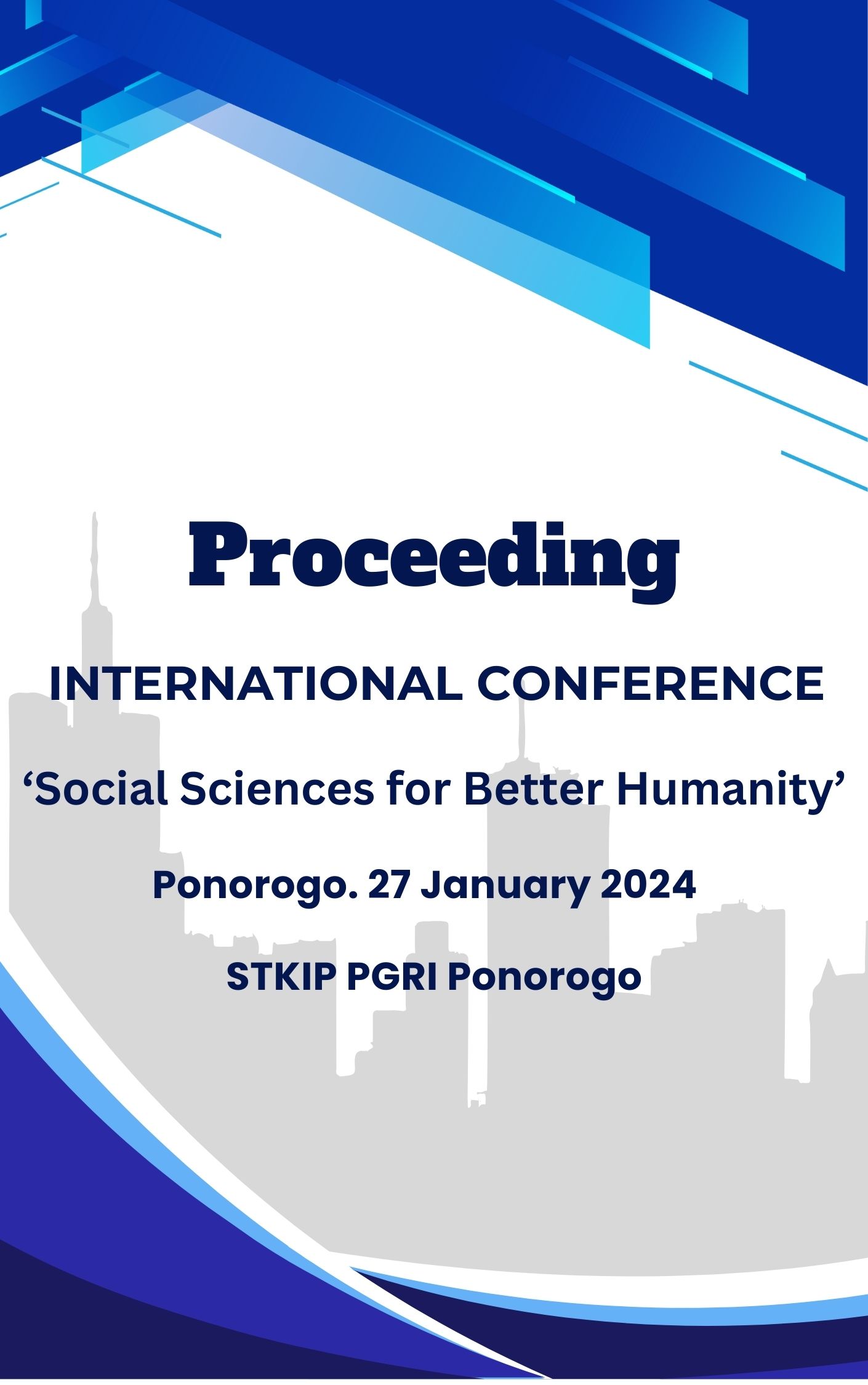The Concept of Indonesian Character Education: Emile Durkheim's Perspective
DOI:
https://doi.org/10.60155/jbs.v12i1.448Kata Kunci:
Character Education, Emile Durkheim, IndonesiaAbstrak
The aim of preparing this work is to analyze in detail the concept of Indonesian character education from Emile Durkheim's perspective. In researching the concept of character education from Emile Durkheim's perspective, the initial step is to identify relevant data sources, including Durkheim's work and academic analysis of his views. Then, the researcher conducted a critical study of the selected literature, evaluating the main themes and key concepts related to character education from Durkheim's perspective. Next, through qualitative analysis, they compared Durkheim's views with contemporary understandings of character education to conclude the relevance and applicability of Durkheim's concepts in today's educational context. Durkheim's contribution to sociology was to introduce the concepts of social facts and solidarity, highlighting the importance of understanding the social forces that shape human behavior and the relationship between individuals and society in modern social dynamics. With his empirical approach, Durkheim built a fundamental foundation for the study of social interaction and community formation. Character education in Indonesia, supported by government policies and related ministries, emphasizes cultural values and virtues in developing students' hearts, minds, and bodies, as well as reason and creativity, with an emphasis on honesty, intelligence, resilience, and empathy as the main values. The main goal is to form a generation that is not only academically intelligent but also morally responsible and appreciates the diversity of society. Character education in Indonesia reflects conformity with Emile Durkheim's view of the influence of society on individual behavior through an emphasis on communal values, strengthening solidarity in society.





